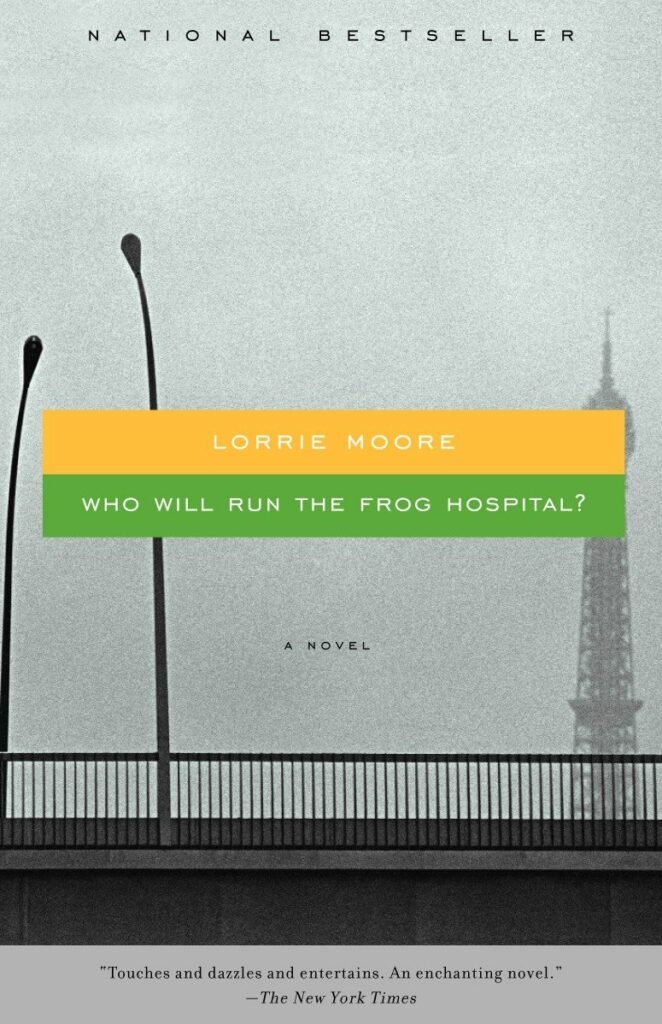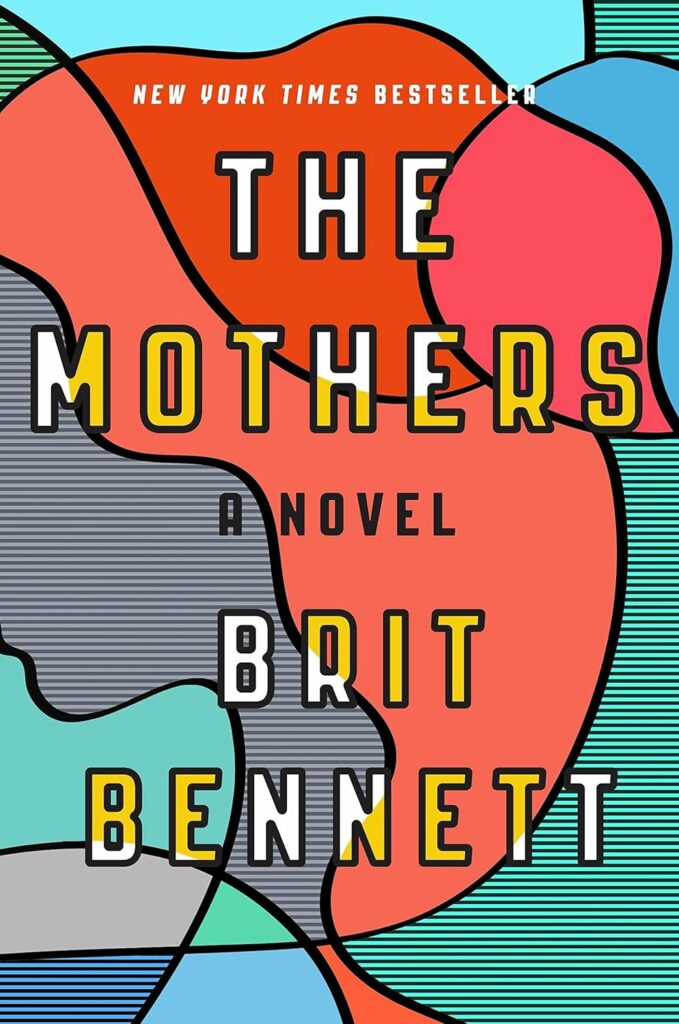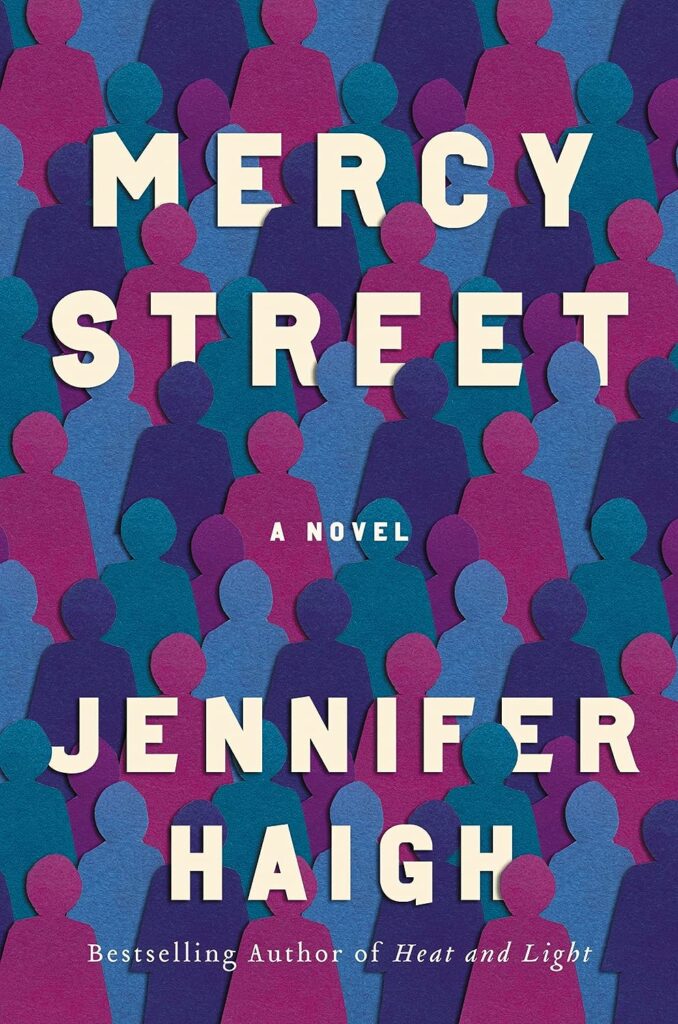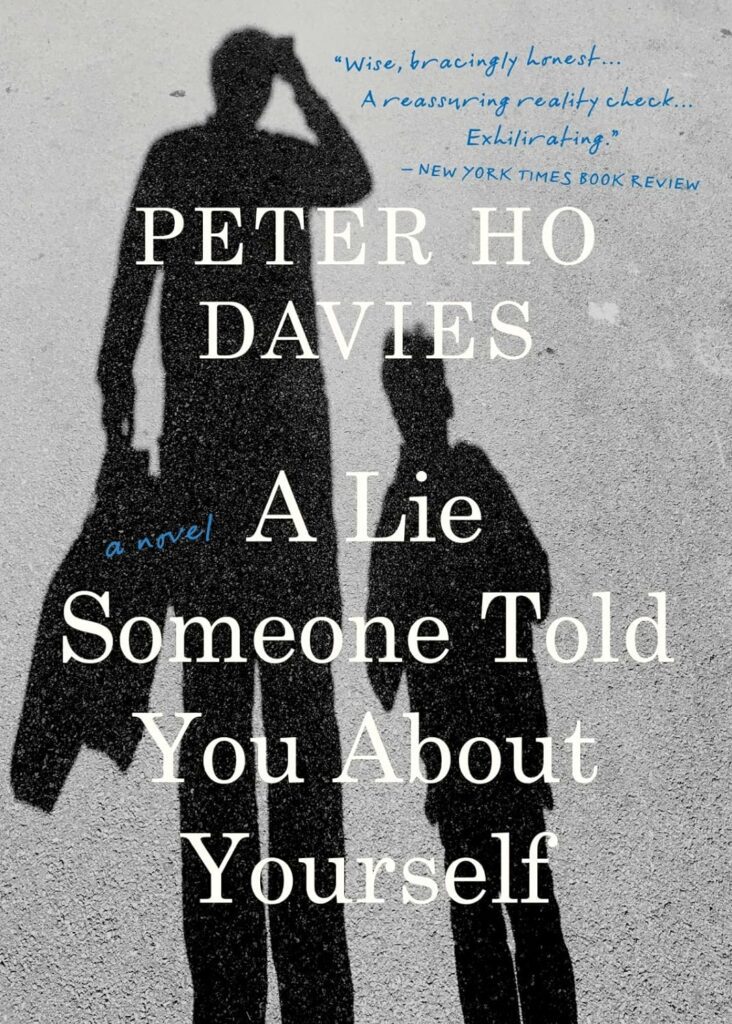THE NOVELS BELOW revolve around abortions, but they are also about community, mutuality, the blurring of the lines between self and others. The connections and collaborations here remind us that people will always band together during the most difficult times and decisions of their lives.
Who Will Run the Frog Hospital? by Lorrie Moore

KNOPF, 1994
It’s the summer of 1972, and Sils Chaussee is fifteen and pregnant. Her nineteen-year-old boyfriend, Mike, wants to raise the baby and get married, but she wants to live her life on its current trajectory. Her best friend, Berie, helps her finance the procedure by stealing money from the amusement park where both girls work.
Berie’s obsession with Sils verges on the erotic, but it is also a typical teen girl-crush. Sils, to Berie, is the still point of the turning world, but the abortion becomes a schism in the friendship, separating Sils into the realm of adults. “She had now gone through so many things that I hadn’t,” Berie muses, “I wondered more than ever whether she could still like me, be the same as she ever had been, or even remember things we had done together. Was there a ghost, an amphibious baby ghost, flying out behind us, above us, all the way home like a kite?” The event will continue to haunt both friends, but more than anything, this is the story of the vicious, fallible love between girls.
The Mothers by Brit Bennett

RIVERHEAD, 2016
Nadia, seventeen, finds herself pregnant by Luke Sheppard, the pastor’s son. Her response is obvious: “I can’t keep a baby. . . . I can’t be someone’s fucking mother, I’m going to college.” And yet Nadia can’t “bring herself to say out loud what she wanted—the word abortion felt ugly and mechanic.” But an abortion is what she gets. The Mothers traces what happens after the procedure, following Nadia to college and then back to her hometown of Oceanside, California, where she finds Luke about to get married to her childhood best friend, Aubrey. Nadia has followed her dreams, but she finds she cannot truly escape her past. The abortion here is a quick decision, but one that reverberates and shapes the course of a life, even if it causes no regrets.
The novel is narrated by a collective voice referred to as “The Mothers,” a group of women who take care of the community, bring food when people pass away, gossip about scandals, and look out for those in need. The Mothers have raised babies and have also gotten abortions themselves. Although Nadia often feels alone, isolated by her past experiences, her story is also the story of all the people who can get pregnant, have gotten pregnant, and will get pregnant.
Mercy Street by Jennifer Haigh

HARPERCOLLINS, 2021
Mercy Street examines a single abortion clinic. Via the clinic’s patients and staff, Haigh explores the various avenues towards parenthood and non-parenthood.
The perspective shifts here can be vertiginous, though satisfying in their complexity. Much of the novel is in the point of view of Claudia, a forty-three-year-old clinic administrator with no children of her own who strikes a necessary balance of callousness and empathy toward the patients she encounters. At other points, we find ourselves in the perspective of Victor Prine, a white supremacist and antichoice protester. Victor has made it his life’s mission to stop white women from having abortions because he believes the Caucasian birthrate is too low. The sections told in Victor’s perspective are deeply disturbing but convincing in their evocation of the psychology of a seemingly normal person turned extremist, convicted felon, and doomsday prepper. We also get into the heads of Anthony Blanchard, the disabled assistant to Prine, who takes photos of the women who enter the clinic and posts them on the internet, and Timmy Flynn, Claudia’s weed dealer.
Mercy Street is a social novel that gets at the isolation that allows extremist ideology to grow. It also delves deeply into the human psyche—not only its most disastrous parts but also its most forgiving, kind, and self-sacrificial aspects.
A Lie Someone Told You About Yourself by Peter Ho Davies
MARINER, 2021
Davies explores what happens when a baby is desperately wanted but must be aborted for medical reasons. A gripping story of parenthood, disability, and care, A Lie Someone Told You About Yourself is tender, painful, and joyous all at once and asks important questions about family and fatherhood. Unlike most abortion stories, this one is told in the perspective of the father, who experiences his own particular difficulties with the procedure and its aftermath.
In this story, the couple involved are already parents. The mother and father’s perspective often function as a sort of collective consciousness as they raise their disabled son. After the father volunteers as an escort at an abortion clinic, trying to reconcile his own abortion story with the stories of others, the wife says to him, “What if you can’t help, but I told you it was okay? That I wouldn’t love you less? That I need your help?” The typically male desire to fix problems isn’t useful here. It’s the mother who understands this, and with grace, the two parents allow themselves not to regret but to grieve.
Joanna Acevedo (she/they) is the author of the chapbook List of Demands (Bottlecap Press, 2022) and the books The Pathophysiology of Longing (Black Centipede Press, 2020) and Unsaid Things (Flexible Press, 2021).



